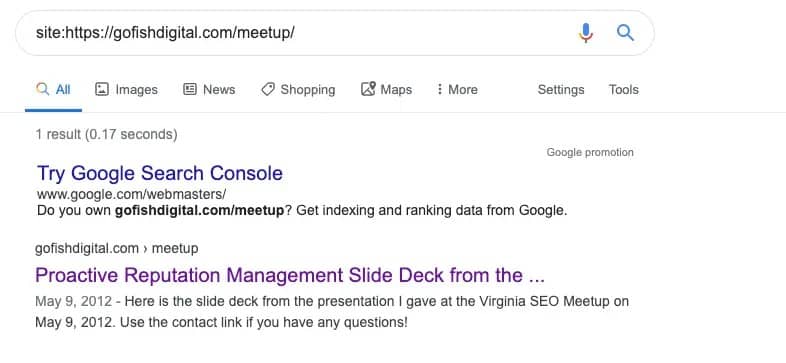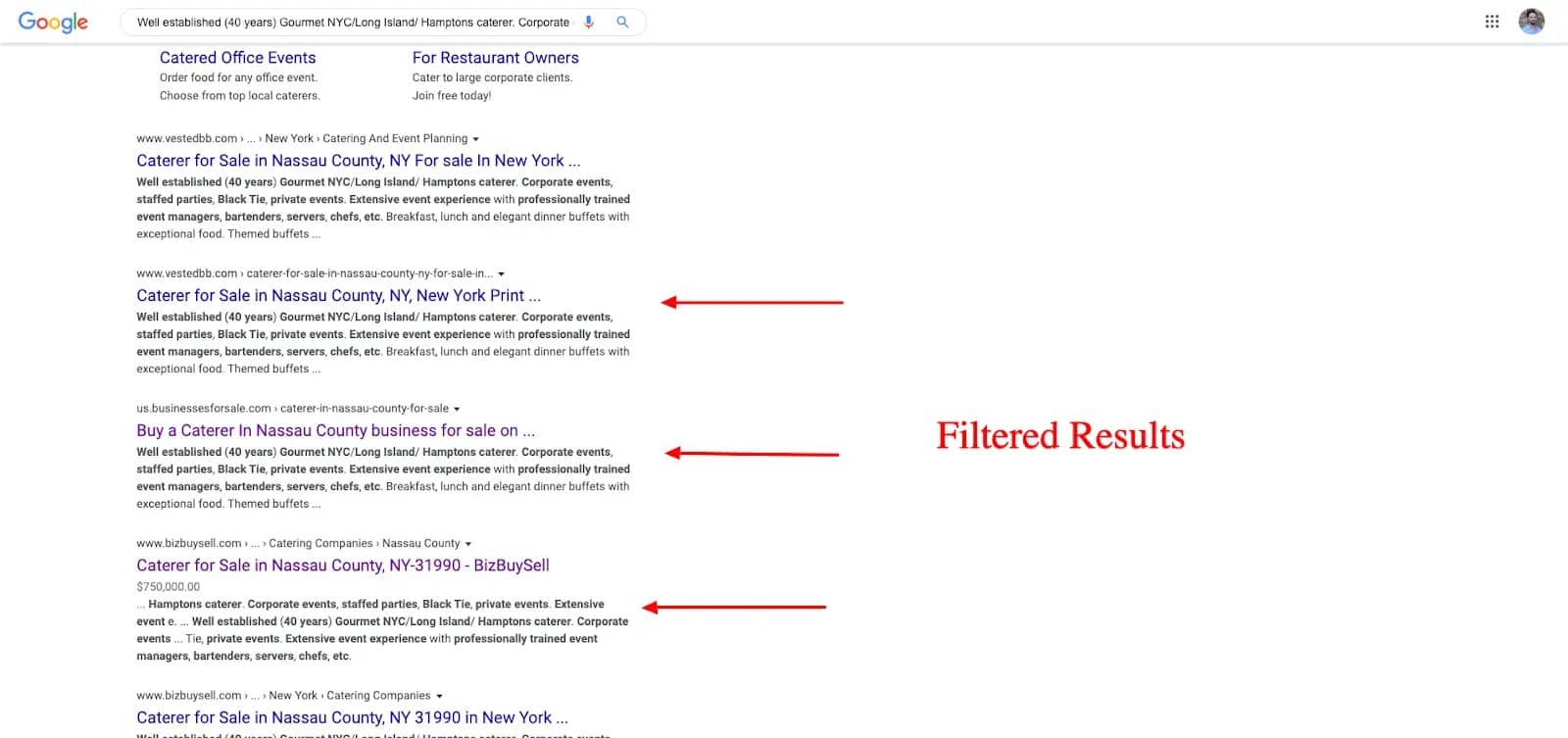Last Updated on March 30, 2024 by Admin
With every changing algorithm and indexing decision, search engine optimization (SEO), a field that has to be constantly on its toes, becomes even more vital. Crawled currently not indexed status is a decision that can greatly affect your website’s visibility and organic traffic. This means that Google has visited your page but has not placed it in Google’s index yet.
What is the “crawled currently not indexed” Status?
If you come across such a status in your Google Search Console, it indicates that Google managed to scan and crawl your page but decided to exclude it from the search index. If the cause of a delay is temporary, it might also be temporary. Otherwise, it could be a permanent situation.
This is important as such a status may not necessarily indicate an error, and one should not panic immediately. Google has a legitimate reason not to index a particular page. It could be a case of detecting thin or duplicated content or pages that offer less information to users.
Common Reasons & Solutions for the “crawled currently not indexed” Status
Google, for sure, has a set of reasons for not indexing a page that has been crawled successfully earlier, though they may differ. Here are some of the most common scenarios:
False Positives
The Google reporting systems sometimes are erroneous, and a page gets misreported as “crawled currently not indexed” when it is actually “indexed.” It’s not that difficult to confirm the indexation status via site search operators and other tools.
Solution:
- Use the “site:” do a search operator to determine if their URL is being indexed.
- For example, search “site:yourwebsite.com/page-URL”
- If the page shows up in the results, it is indexed.
- In this context, you have to do nothing. The item in the report is most likely an artefact.

RSS Feeds and Pagination
Google usually disregards the RSS feed URLs or pagination URLs, which are not for direct user consumption and may come up as duplicate or low-quality content.
Solution:
- Do nothing! The company doesn’t want these pages to appear in search results, so it doesn’t index them.
- What makes RSS feeds different, though, is that they give raw text data and not user-friendly pages.
- Including the RSS link in search results columns would raise the issue of bad user experience.

Expired or Out-of-Stock Products
For e-commerce sites, Google may decide not to index pages for products that are out of stock or have been sold.
- Google verifies the content and product availability in the visible part of the website and in structured data markup.
- It may encounter textual indicators like “out of stock” or schema markup with availability=”OutOfStock.” It may discard that product page from its index if it finds any of these.
Solution:
- Crawl for all product URLs with the wrong schema markup whose availability=”OutOfStock” using Screaming Frog or similar tools.
- Make a list of your items and then check it against your inventory to detect any inconsistencies.
- Change the content and insert the product availability status instead of a structured data markup.
- Concerning about those pages that have expired, you should either get rid of them or set a directive “noindex.”

301 Redirects
Sometimes, we see the destination URLs of the pages we have redirected labeled as “crawled currently not indexed.”
This occurs when Google has not yet updated its index to index the newly changed URL instead of the original URL being redirected.
Hence, it has to recognize the destination as a duplicate and, therefore, doesn’t index it.
Solution:
- Use a temporary sitemap.xml file containing only the destination redirect URLs.
- Submit your sitemap to Google Search Console.
- That method leads to Google re-crawling those URLs and updating the redirects more quickly.
- This way, it unites the redirection signals that lead to correctly indexing the destination URLs.

Thin Content
Google may decide not to index some pages that have very little substance or content.
- For example, in the case of a category page with only a few lines of text.
- A page with just a single testimonial quote and nothing much is boring.
- Google classifies pages with low content value and quality as “thin” and, therefore, they are not worth indexing.
Solution:
- For the most important pages or positions, it is key to add more relevant content so that these can be more useful for the users.
- On each page, there should be around (e.g. 300+ words) of unique, high-quality content relevant to the topic.
- Remove negligible or pointless thin content pages; use “noindex” for the ones that are still needed but are not supposed to be indexed.
- Additionally, remove internal links to thin pages from your navigation to stop sending out crawl signals.

Paginated URLs
Google bot crawls pagination URLs (like “/page2”, “/page3”, etc.) and thus discovers the site’s web pages.
But most of the time, it fails to list the actual pagination links pages.
Solution:
- The self-referencing canonical tags should be attached to pagination URLs.
- Ensure you do not attach “nofollow” attributes on the pagination links.
- It enables Google to crawl pagination to detect your important content pages.
- On the other hand, you needn’t do anything with the URLs of the pagination pages since they are the ones that are currently being “crawled but not indexed”.

Conclusion
“Crawled currently not indexed” status can cause site owners’ concerns. However, this doesn’t mean they should be worried. The guide above describes all possible reasons and solutions.
If you’re still having difficulty fixing the “crawled currently not indexed” status or need other SEO help, you may wish to hire experts such as AlgoSaga Digital Marketing Agency. With a team of experienced SEO professionals, it is possible to identify and resolve indexing issues, optimize the website for search engines, and implement strategies to increase your website’s visibility on the Internet and organic traffic.
